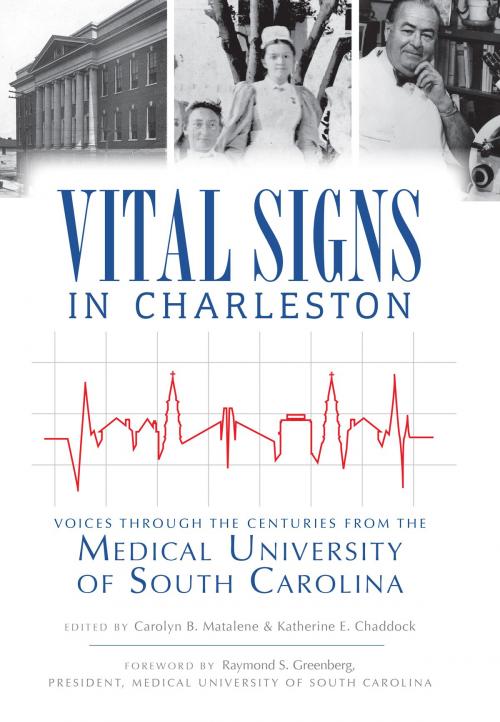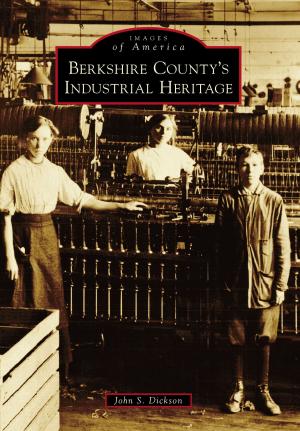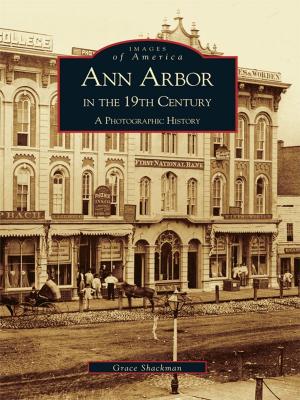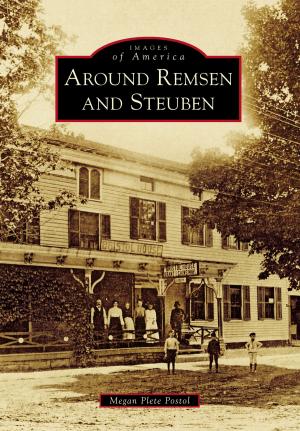Vital Signs in Charleston
Voices through the Centuries from the Medical University of South Carolina
Nonfiction, History, Americas, United States| Author: | Carolyn B. Matalene, Katherine E. Chaddock | ISBN: | 9781625843319 |
| Publisher: | Arcadia Publishing Inc. | Publication: | November 13, 2009 |
| Imprint: | The History Press | Language: | English |
| Author: | Carolyn B. Matalene, Katherine E. Chaddock |
| ISBN: | 9781625843319 |
| Publisher: | Arcadia Publishing Inc. |
| Publication: | November 13, 2009 |
| Imprint: | The History Press |
| Language: | English |
The Medical University of South Carolina, which began with seven faculty members and thirty students, is today a large and complex institution, with six colleges, hundreds of faculty and staff, thousands of students and numerous teaching hospitals and research laboratories and libraries. In this unique collection, the remarkable narrative of MUSC�s survival and growth is told through the voices of the participants: the students and professors, the deans and doctors, the administrators and employees who have been there all along. They tell their stories through lecture notes and journals, letters and diaries, minutes and memos, headlines and catalogues
and, finally, through e-mails and blogs.
The men and women of MUSC reveal the challenges the university has met, from wars, epidemics and earthquakes to financial and accreditation crises. And they chronicle the changes in medicine from house calls and purgatives to genetics, vaccines and organ transplants. Not least of all, they record their aspirations, fears and firsthand experiences in their own honest, often humorous, words.
and, finally, through e-mails and blogs.
The men and women of MUSC reveal the challenges the university has met, from wars, epidemics and earthquakes to financial and accreditation crises. And they chronicle the changes in medicine from house calls and purgatives to genetics, vaccines and organ transplants. Not least of all, they record their aspirations, fears and firsthand experiences in their own honest, often humorous, words.
The Medical University of South Carolina, which began with seven faculty members and thirty students, is today a large and complex institution, with six colleges, hundreds of faculty and staff, thousands of students and numerous teaching hospitals and research laboratories and libraries. In this unique collection, the remarkable narrative of MUSC�s survival and growth is told through the voices of the participants: the students and professors, the deans and doctors, the administrators and employees who have been there all along. They tell their stories through lecture notes and journals, letters and diaries, minutes and memos, headlines and catalogues
and, finally, through e-mails and blogs.
The men and women of MUSC reveal the challenges the university has met, from wars, epidemics and earthquakes to financial and accreditation crises. And they chronicle the changes in medicine from house calls and purgatives to genetics, vaccines and organ transplants. Not least of all, they record their aspirations, fears and firsthand experiences in their own honest, often humorous, words.
and, finally, through e-mails and blogs.
The men and women of MUSC reveal the challenges the university has met, from wars, epidemics and earthquakes to financial and accreditation crises. And they chronicle the changes in medicine from house calls and purgatives to genetics, vaccines and organ transplants. Not least of all, they record their aspirations, fears and firsthand experiences in their own honest, often humorous, words.















